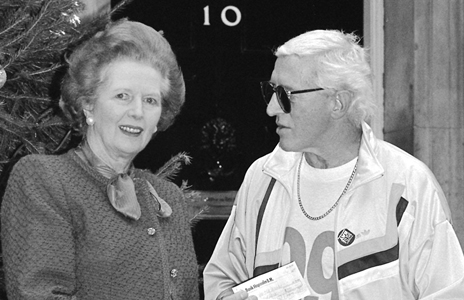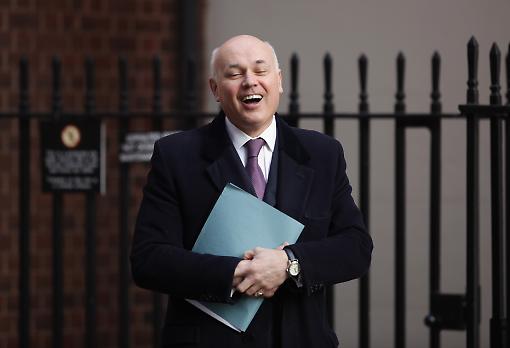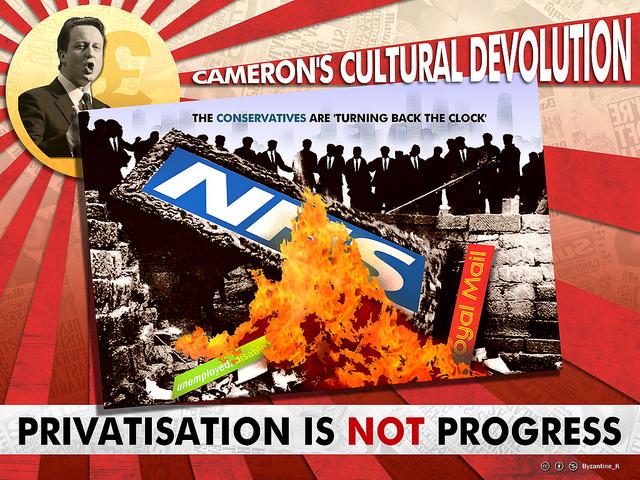David Cameron consorts with tax-dodgers to censor the web

It is announced today that Downing Street is to work with massive search engine tax-dodgers Google to hugely censor the web. Under the guise of attempting to frustrate paedophiles, Downing St and Google intend to censor 100,000 search terms.
Cameron and the UK government are simply hugely censoring the internet. This measure will not affect paedophiles since they don’t use Google to search for paedophile material. Instead it will frustrate users legally searching for legitimate materials. It is quite simply huge censorship of the web. It will actually – and is quite possibly intended to – have the opposite effect of assisting internet paedophiles by posing difficulties to independent researchers.
It is a mistake to think that the internet is not already hugely censored. Do you think that search engines do not already censor paedophile and alternative political materials? This blog is hugely censored for political reasons: you won’t find this blog in a school or library. Try searching for some terms from this blog like “war of bullshit”. [Just realised that it works on Google]
There are not 100,000 paedophile search terms and paedophiles don’t use Google anyway. How can this be anything except a huge exercise in censorship?
We have already seen that UK Conservatives want to censor the web. Their lobbying bill is a huge attack on democracy attempting to neuter charities and unions. They are simply trying to take out their opposition in a very evil way totally opposed to democracy, freedom and liberty.
If it is accepted that there simply is not 100,000 search terms related to paedophilia then what is going to be censored? There are elite paedophile rings protected by the UK authorities. Jimmy Savile and Cyril Smith were protected by UK authorities. I know of one paedo who was close to Tony Blair who is protected by UK authorities. When you censor the web, you are protecting these paedos.
8.30pm 18/11/13
Jim Gamble, former Child Exploitation and Online Protection Centre (CEOP) chief executive, said that while Mr Cameron’s influence has “accelerated” the process of getting the search engines to ban 100,000 search terms.
However he said it was the peer-to-peer networks that need to be targeted if the Government wants to track down paedophiles.
He said: “Very few paedophiles in my experience use Google.”
“At the end of the day a pop up message is not going to inform, educated or scare a paedophile they know what they do is wrong, that’s why they are secretive about it that’s why they hide in the peer to peer of the dark web where they cant be found.”
- Confirmation that paedos do not use Google as I stated earlier in this post.
- There is a confused use of terms. The dark web is a reference to Tor, which is not a peer-to-peer network (like BitTorrent).
- The paedos are using Tor not peer-to-peer.
[19/11/13 This story seems to have died very suddenly – there are only a few mentions today of yesterday’s events.
http://motherboard.vice.com/blog/david-camerons-crackdown-on-child-porn-needs-some-work
… Cameron claimed the search queries targeted, which were drawn up by child protection experts, were “unambiguous,” but that seems quite frankly impossible. There are reportedly as many as 100,000 terms on the list—for comparison, the second edition of the Oxford English Dictionary contains 231,100 entries. There seems a real risk, then, of the algorithm overreaching and preventing web users from accessing perfectly legal content. …
[like (conservative or tory or lord or rich or falconer or blair) and (paedo or paedophile or nonce),
“straw rendition torture”,
“dodgy dossier”,
“misled parliament”,
“public inquiry”,
“conservative broken promises”,
etc. ]
Join the IWF to see child porn. This achieves nothing – police and intelligence services already have access.
[20/11/13 To clarify this.
Tor works by routing encrypted requests through a circuit of relays. The circuits change often. The Tor exit node is at the other end to the user and is unencrypted to the requested resource (on the open web, not if the target resource is on a Tor hidden service e.g. illegal paedo porn). The Tor user cannot be identified unless she has made a mistake e.g. identifying herself through an email address or has been infected as Anonymous did.
The confusion that spooks, ex-spooks, prime ministers and news reporters are showing between the Tor anonymity network and peer-to-peer networks is due to two issues.
- Prime Ministers and news reporters don’t understand it and are following the lead of spooks, ex-spooks and spooky advisors, and
- At the network level i.e. where spooks are intercepting traffic, they can’t distinguish Tor from peer-to-peer traffic so to them it is the same. {Later edit: 2 is based on intuition. It should not be taken as a statement of fact or knowledge.} ]
Confusion between Tor and peer-to-peer continues. Pursuing peer-to-peer seems a wasted effort.
http://www.theguardian.com/technology/2013/nov/18/online-child-abuse-peer-to-peer
The Internet Watch Foundation does not at the moment pursue images and videos on so-called peer-to-peer networks because it lacks permission from the Home Office. But it was announced on Monday that the watchdog would begin a six-month pilot scheme in collaboration with Google, Microsoft and the Child Exploitation and Online Protection agency (Ceop), so that IWF can develop procedures to identify and blacklist links to child abuse material on P2P services.
Independent: Search engines take on child abuse: The ‘massive breakthrough’ where little has changed
This post subject to change.


